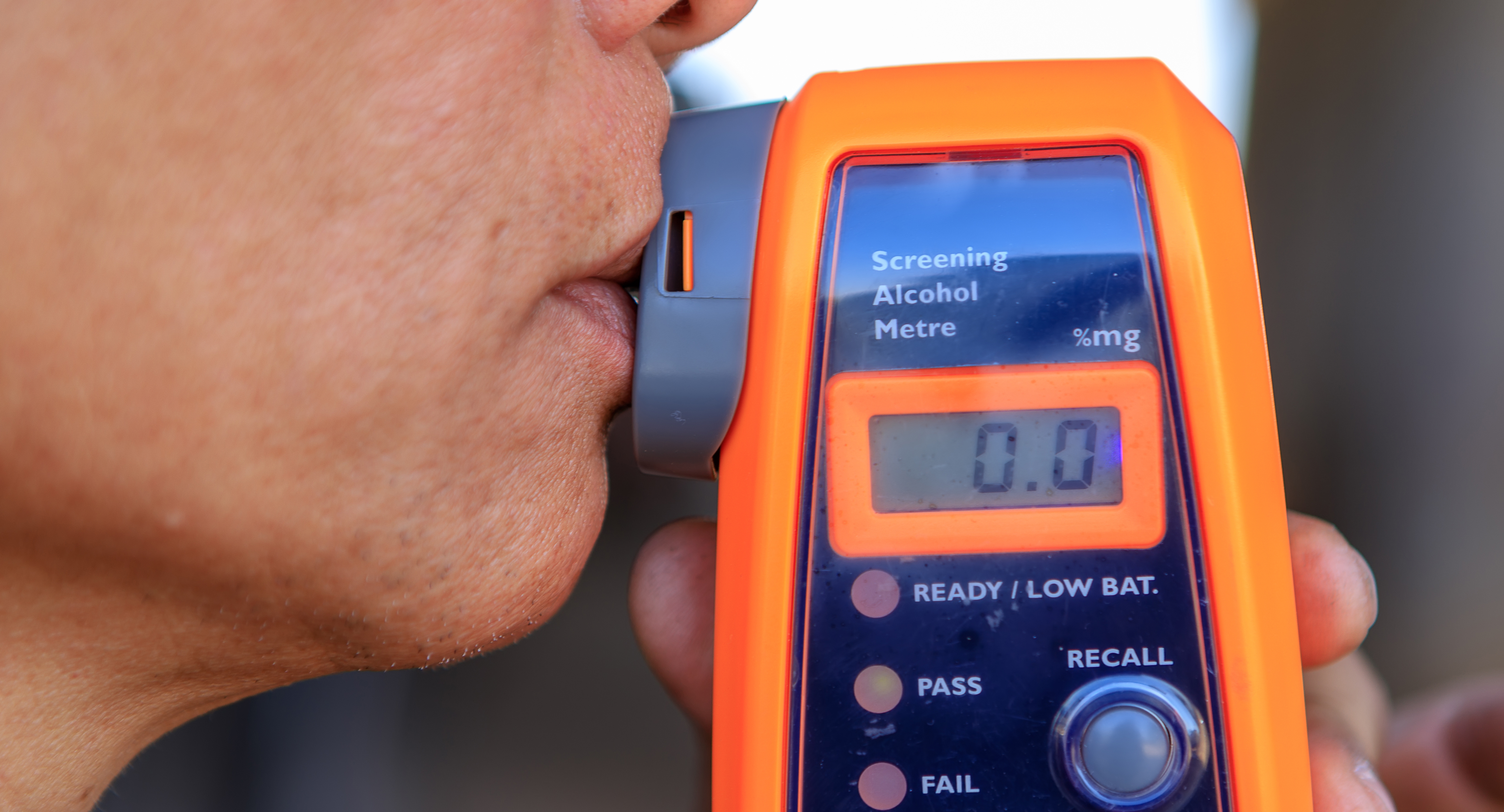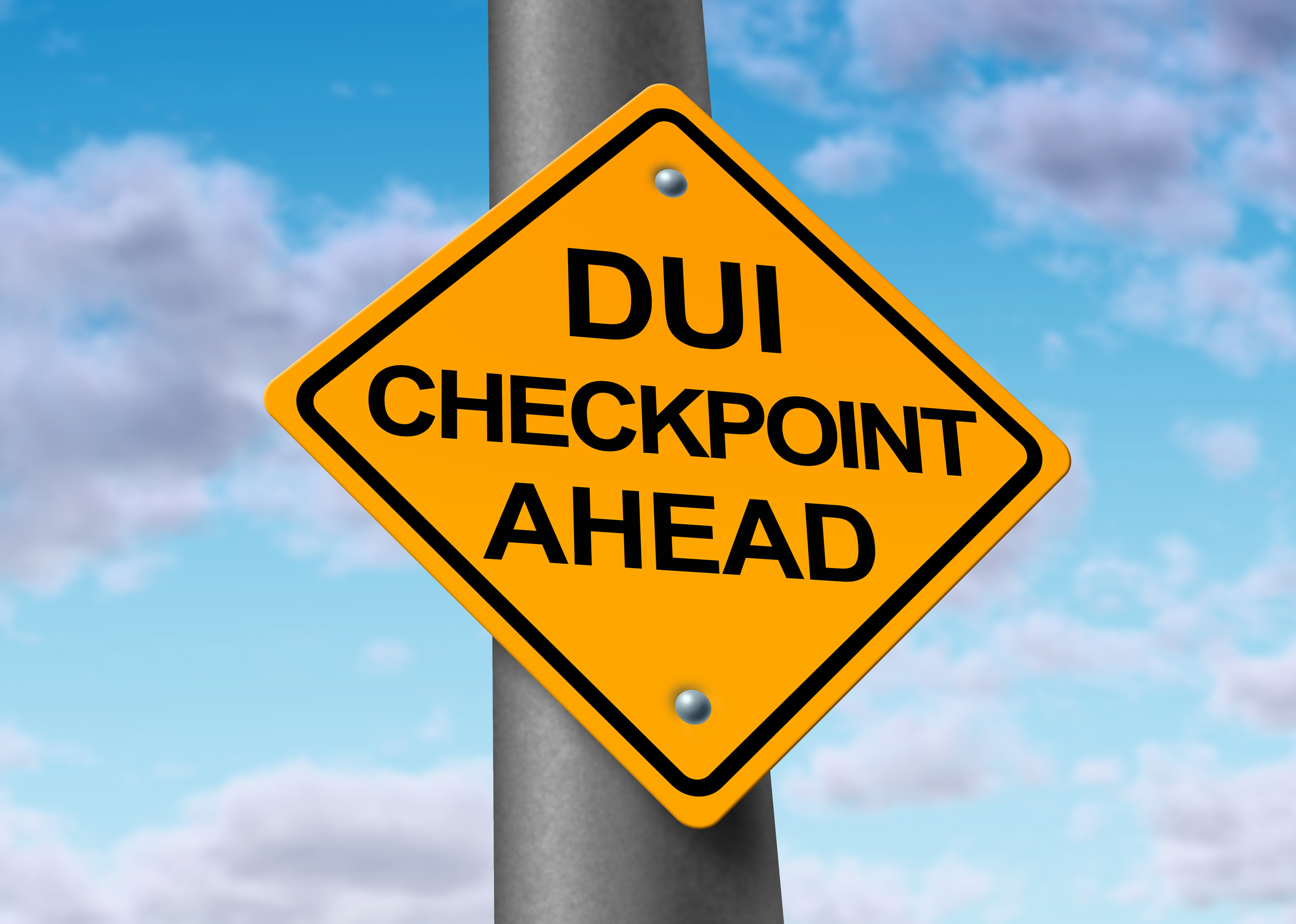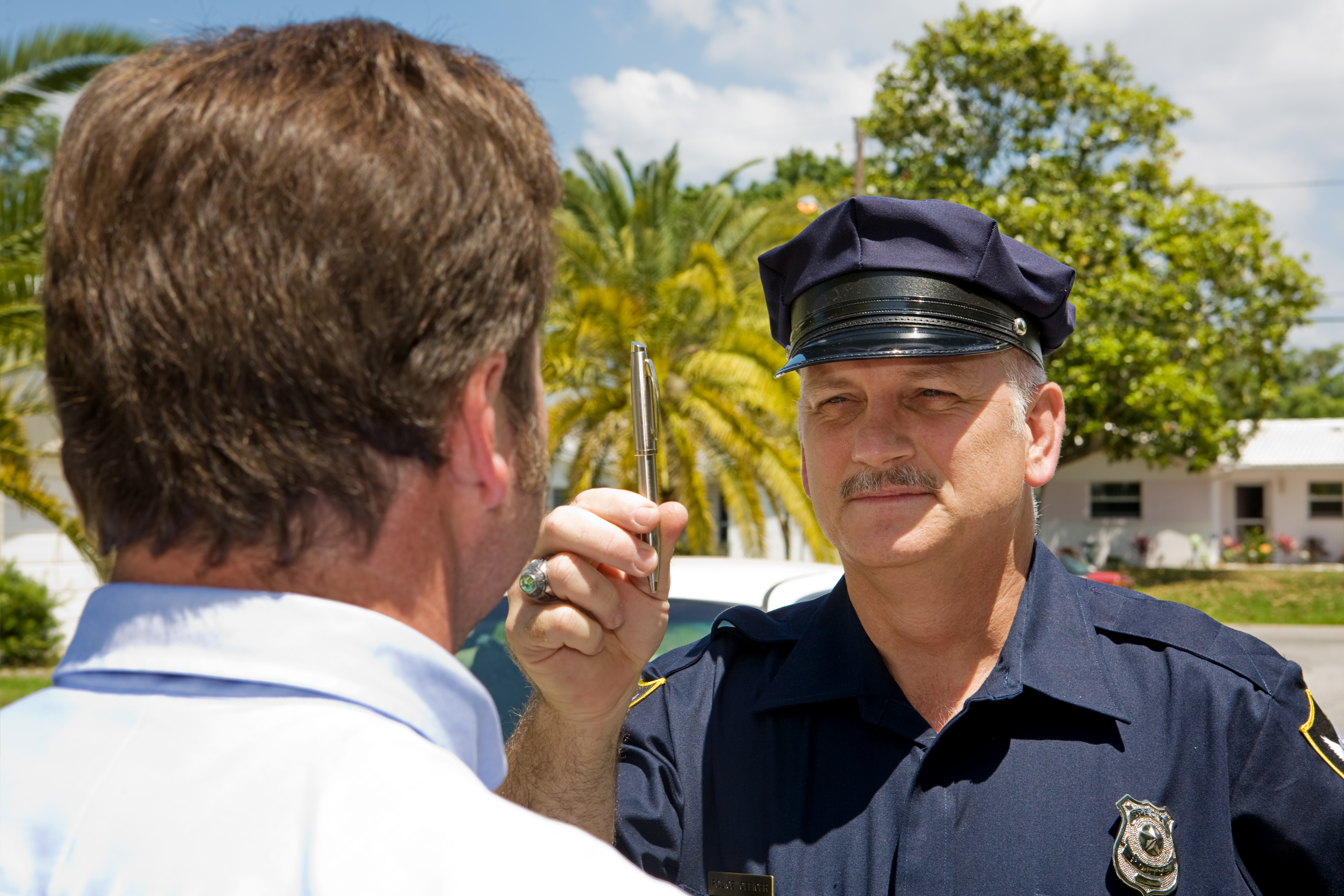The criminal penalties that come with a DWI are scary, but the truth is that even after paying for your transgression — both with time and money — the collateral consequences of a DWI are also costly.
If you’re under 21, the consequences of a DUI (driving under the influence) could be dire. DUIs apply to minors who have any alcohol in their system at all. The financial penalties are less severe, but it’s important to remember that if your blood alcohol concentration is .08 or higher, you could be charged with both DUI and DWI and face additional jail time and fines. And a DUI could affect your future career prospects and college admissions.
Here are 17 penalties and longer-term consequences of a DWI or DUI conviction.
READ MORE: Straight talk about DWI in Texas
1. You Risk Jail Time (but Most Likely Not)
Though the law technically says you could serve jail time for a misdemeanor DWI, it’s extremely unlikely – even if it involves an elevated charge, like a second offense or your blood alcohol concentration is .15% or higher. First DWI are typically Class B misdemeanors. Second offenses and arrests that involve a BAC of .15 or higher are Class A misdemeanors.
Third offenses are taken very seriously in Texas. You will face a third-degree felony charge, which is punishable by up to 10 years in prison.
However, it’s important to remember that only about 2% of DWI cases in Texas go to trial, so odds are in your favor that we’ll be able to negotiate a deal for you.
2. You Could Pay Thousands of Dollars in Fines
The fines for DWI can be financially crippling. When you add up the total costs, a first DWI conviction can cost as much as $17,000.
The legal fines for DWI conviction in Texas are:
- First DWI: Up to $2,000
- Second DWI: Up to $4,000
- Third DWI: Up to $10,000
When you’re sentenced, you could also be given a state fine of $3,000, $4,500, or $6,000.
Plus, if another motorist is injured, you could be sued in civil court. You could face judgments against you that exceed your net worth, putting you at risk of bankruptcy.
A good attorney may initially sound expensive, but it’s important to remember that most of these fines are negotiable, and a lawyer with extensive negotiating experience can get you the best possible deal.
We work to save our clients as much money as possible. In our experience, clients end up paying between $100 to $500 for an average misdemeanor case, and court fees usually end up under $500.
READ MORE: What’s the typical DWI sentence in Texas?
3. You Could Lose Your Driving Privileges
Though your driver’s license may be confiscated at the time of your arrest, you should be able to maintain your driving privileges for at least 40 days.
Within 15 days of your arrest, you can request what’s known as an ALR (Administrative License Revocation) hearing to contest an administrative license suspension.
At Michael & Associates, we have a record of success at winning ALRs. We have two specialists on staff who are also experienced prosecutors. We will ensure you have the best possible representation, and you don’t even have to be present at the hearing.
If you’ve already missed the ALR deadline, your only option will be to seek an Occupational Driver’s License (ODL).
Since our firm’s inception, every client who has requested an ODL has been granted one.
If you win your ALR and keep your license, you aren’t in the clear. If you’re convicted in criminal court, you will lose your license regardless of the ALR outcome. You could lose your license for up to one year for a first DWI conviction. Subsequent convictions could cost you your license for up to two years.
For DUI convictions, your license could be suspended for up to 60 days for the first conviction if any alcohol at all is detected in your system. Your license could be suspended for up to 120 days for a second conviction. A third conviction carries a suspension of 180 days.
If you’re eligible for an ignition interlock device (IID), you may be able to have your license suspension reduced if you agree to have the IID installed.
READ MORE: Driver’s license suspension after DWI in Texas
4. You Could Have to Serve Probation
If you haven’t had a previous felony conviction, you may be eligible for probation, which allows those who have been convicted of DWI to avoid jail time. It may also be referred to as “community supervision.”
And even if you have a felony on your record, we may be able to negotiate with prosecutors for participation in a pretrial diversion program or a probation agreement.
If a judge grants probation, a defendant is required to meet certain conditions for a fixed period of time, usually between one to two years for misdemeanor offenses.
Eligibility will typically depend on:
- Your criminal history
- The severity of your offense
However, probation isn’t easy. You will have to regularly report to your probation officer and pay for random drug and alcohol testing. If you violate the terms of your probation, you may have to serve your original jail sentence. And you may have to get permission to even leave the county.
READ MORE: Probation vs. parole — what’s the difference?
5. Deferred Adjudication
With deferred adjudication, a defendant pleads guilty or no contest to criminal charges, but the court does not enter a formal conviction. Instead, the defendant is placed on probation for a specified period and must meet certain conditions. If the defendant completes the probation and meets all requirements, the charges are dismissed, and there will be no formal conviction on their record.
Under Texas Code of Criminal Procedure § 42A.103, deferred adjudication community supervision can be a maximum of two years for a misdemeanor case or 10 years in a felony case. Under Texas Code of Criminal Procedure § 42A.104, a judge can impose requirements of deferred adjudication, including:
- Confinement
- Mental health treatment
- A fine
Other common requirements include:
- Don’t violate any Texas or U.S. laws
- Random testing for alcohol or controlled substances
- Random urinalysis
- No association with people who have criminal records
- Regular meetings with a probation officer
- Allow your probation officer to visit you at home or work
- Maintain steady employment
- You must get court approval to relocate
- No travel outside the county without approval
- Pay all fines and fees
- Verify your income
- Perform a mandated community service requirement
Successful completion of a deferred adjudication may not spare you from the other collateral consequences of your DWI.
READ MORE: Is deferred adjudication available for DWI charges?
6. You Could Lose Your Job
A DWI can have a long-term impact on your career. For example, your current employer may have a zero-tolerance policy for anyone convicted of a DWI. This is a particular risk if your job requires you to drive or use machinery as a part of your employment.
And when it comes time to look for a new job, most potential employers will run a background check. Having a DWI on your record can be a big deterrent, even if you made a one-time mistake. Potential employers may not want to risk hiring someone who might turn up to work intoxicated, hungover, or someone who they believe may be unreliable.
7. You Jeopardize Your Child Custody Rights
A DWI can negatively impact your child custody case. If you are applying for custody, then you need to demonstrate that you are a responsible and reliable adult and that having custody rights is in your child’s best interest.
If you’ve been charged with a DWI, your partner can argue that you cannot provide your kids with safe transportation. If you have been charged with multiple DWIs, the case will become much more difficult as you may have to fight to prove that you do not have a substance abuse problem.
And if your child was in the vehicle when you were pulled over for DWI, your problems multiply. According to Texas Penal Code § 22.041, driving while intoxicated with a child under the age of 15 in the vehicle may be considered child endangerment. In Texas, cases involving DWI and child endangerment are taken very seriously.
8. You May Have to Pay for an Ignition Interlock Device
Ignition Interlock Devices are small handheld breathalyzers for car ignitions. They prevent users from being able to start their car after drinking alcohol. How long you need to keep the device will be up to the judge, but you’ll be responsible for paying for it. An IID should not be required for a first offense – and if a judge does order one, we will immediately request a hearing to fight it.
However, if you’re facing a Class A DWI (a second offense or one with a BAC of .15 or higher) or a felony DWI, you may be required to install – and pay for – an IID.
The monthly cost ranges from $65 to $95, depending on the features required. Some counties require the device to have a camera, which can increase the cost. In addition to the monthly fee, you’ll likely have to pay an enrollment fee, an installment fee, and a calibration fee.
READ MORE: What you need to know about ignition interlock devices
9. You May Have to Complete Community Service
If a judge grants you probation, the judge may also require you to complete community service. Community service requirements are particularly common in Class C misdemeanor cases.
In general, any nonprofit group or government agency will be acceptable.
Examples include:
- Animal shelters
- Senior centers
- Soup kitchens
- Food pantries
If you are ordered to complete community service, your probation officer will have a list approved by the judge and will make a referral. It’s possible that for alcohol-related charges, any community service requirement will need to be related to alcohol.
10. You May Have to Attend Alcohol Awareness Classes
In addition to community service requirements, some people are ordered to complete alcohol education or awareness courses or programs.
In fact, we recommend that anyone who has been charged with a DUI or DWI voluntarily completes these classes to show the court that they are taking the charges seriously. We’ve found that clients are more likely to get a positive outcome if they show that they’re unlikely to become repeat offenders.
READ MORE: Alcohol programs for DWI in Texas
11. You Could Lose Your Gun Ownership Rights
The Texas Penal Code holds that if you are convicted of a Class A or Class B misdemeanor, you will lose your right to carry a handgun outside of your home, car or office for five years, though you will still have a right to own your gun.
If you are convicted of a felony, however, you will lose your right to own a gun completely.
READ MORE: Can a felon legally purchase a gun?
12. You Could Lose Your Voting Rights
In Texas, you still have a right to vote even if you have been convicted of a misdemeanor. However, if you are convicted of a felony, you will lose your right to vote until after you have completed your full sentence. This is true in 48 U.S. states.
According to a report from The Sentencing Project, an estimated 4.4 million Americans, representing 2% of the voting-age population, were ineligible to vote in 2022 due to these laws or policies.
13. You May Have Difficulties Renting a Home or Apartment
Just like potential employers, potential landlords may run background checks on you before deciding if they should lease their property to you.
Potential landlords and apartment managers may be concerned about a DWI conviction. They may be hesitant to let someone move in if they believe there is a risk to their property or if they believe a DWI conviction may point to loud, unsavory behavior that neighbors could complain about.
Remember, potential landlords, employers, and bank managers don’t know you personally. Even if the DWI was a one-time mistake, all they see is a blot on your character.
14. You May Have Trouble Getting a Loan
Any criminal conviction can make obtaining a loan more difficult. Whether you’re looking for a bank loan, mortgage, or personal loan, any criminal history will hurt your chances of approval.
Even payday lenders and title loan lenders, whose lending criteria are notoriously lax, will see a criminal record as a red flag. Lenders want people who will pay back their loans. A criminal history makes you a “risky” investment.
If you want to purchase a home, mortgage approval is difficult with a criminal history, and if you do find a lender who will approve your application, you will almost certainly pay a higher interest rate. This will significantly increase the amount you pay over a 30-year loan term.
Qualifying for a car loan will also be particularly difficult after a DWI conviction. Because auto loans typically use your vehicle as collateral, a driver with a DWI is considered high risk.
Most people can’t afford to pay for cars outright, so without a car loan, they either can’t purchase a vehicle at all or they’re forced to pay outrageous interest rates.
15. You Could Lose Your Professional License
If you are charged with a DWI and you have a professional license, you may be at risk of losing it. In addition, if you are considering applying for a professional license, organizations will usually run a background check.
Some of the professions that require licensing include:
- Accountants
- Architects
- Commercial Drivers
- Dentists
- Doctors
- Engineers
- Government Employees
- Lawyers
- Nurses
- Pharmacists
- Real Estate Agents
- Real Estate Brokers
- Teachers
- Veterinarians
- Pilots
16. You’ll Potentially Face Travel Restrictions
If you’re on probation for a DWI, you’ll have to get permission to travel anywhere outside the state. If you’re on felony probation, you’ll have to get permission even to leave your county of residence.
READ MORE: Can you leave the state while on probation?
17. You’ll Pay (a Lot) More for Car Insurance
A DWI on your record will increase the cost of car insurance for at least three years, but potentially even longer.
Insurance.com reports that the average hike in car insurance rates following a Texas DWI is 64%. Bankrate, a personal finance website, puts the figure at 50%.
That means that using the lower estimate, a driver with a DWI conviction would see their premium increase from $2,019 to $3,026. That’s more than $1,000 per year.
READ MORE: Can you get car insurance after a DWI?
Seek Legal Help Immediately
If you’ve been charged with a DWI in Texas, make sure you have the best possible legal representation. At Michael & Associates, we offer a tailored approach to each case. Our goal is to get your DWI dismissed, keep it off your criminal record, and keep your life on track.




